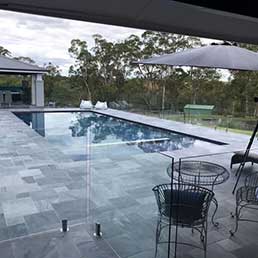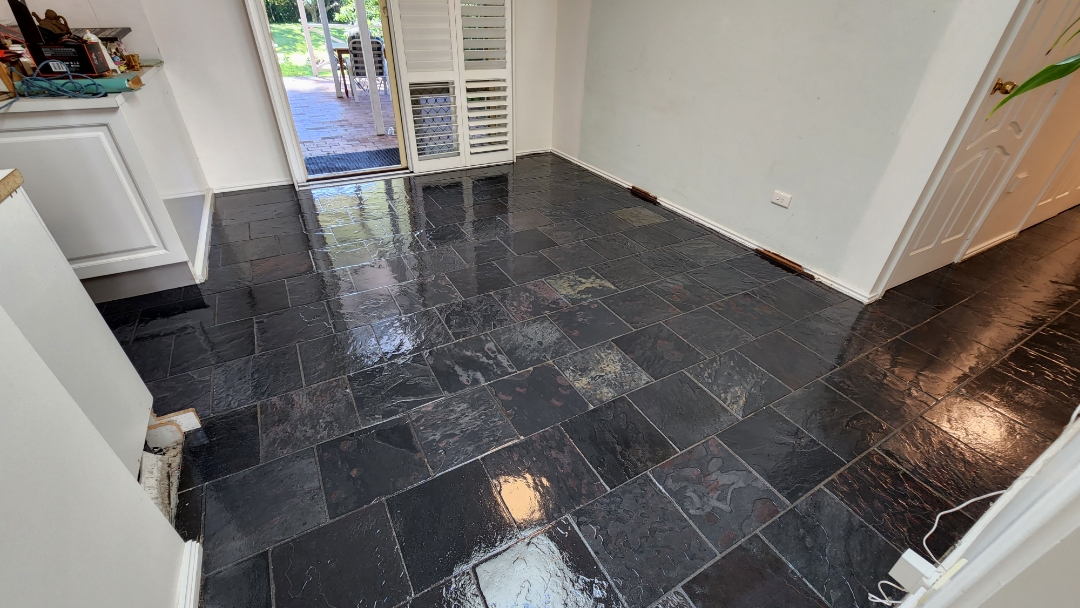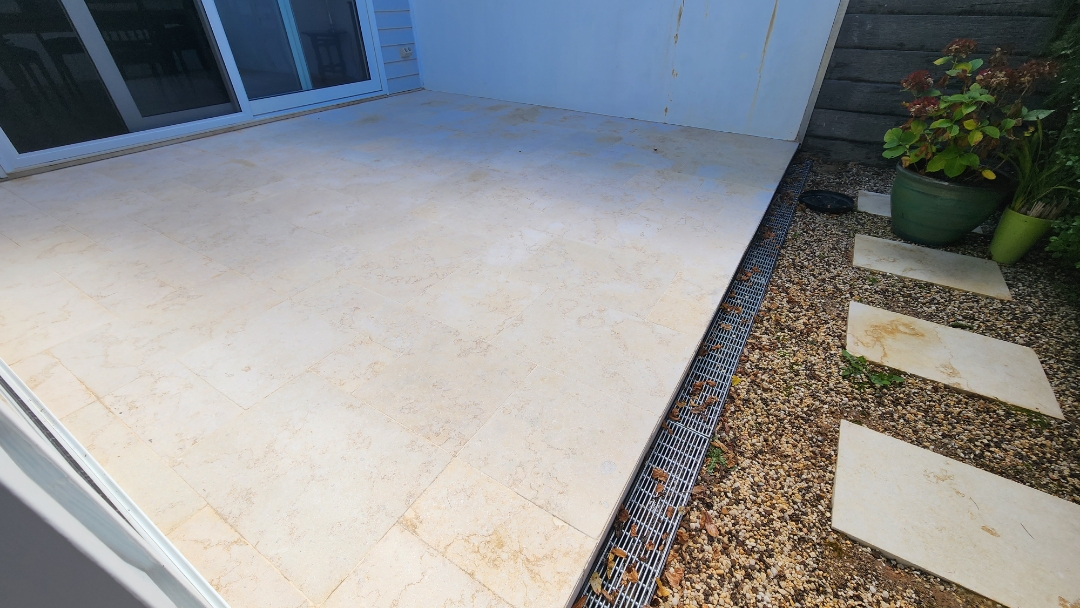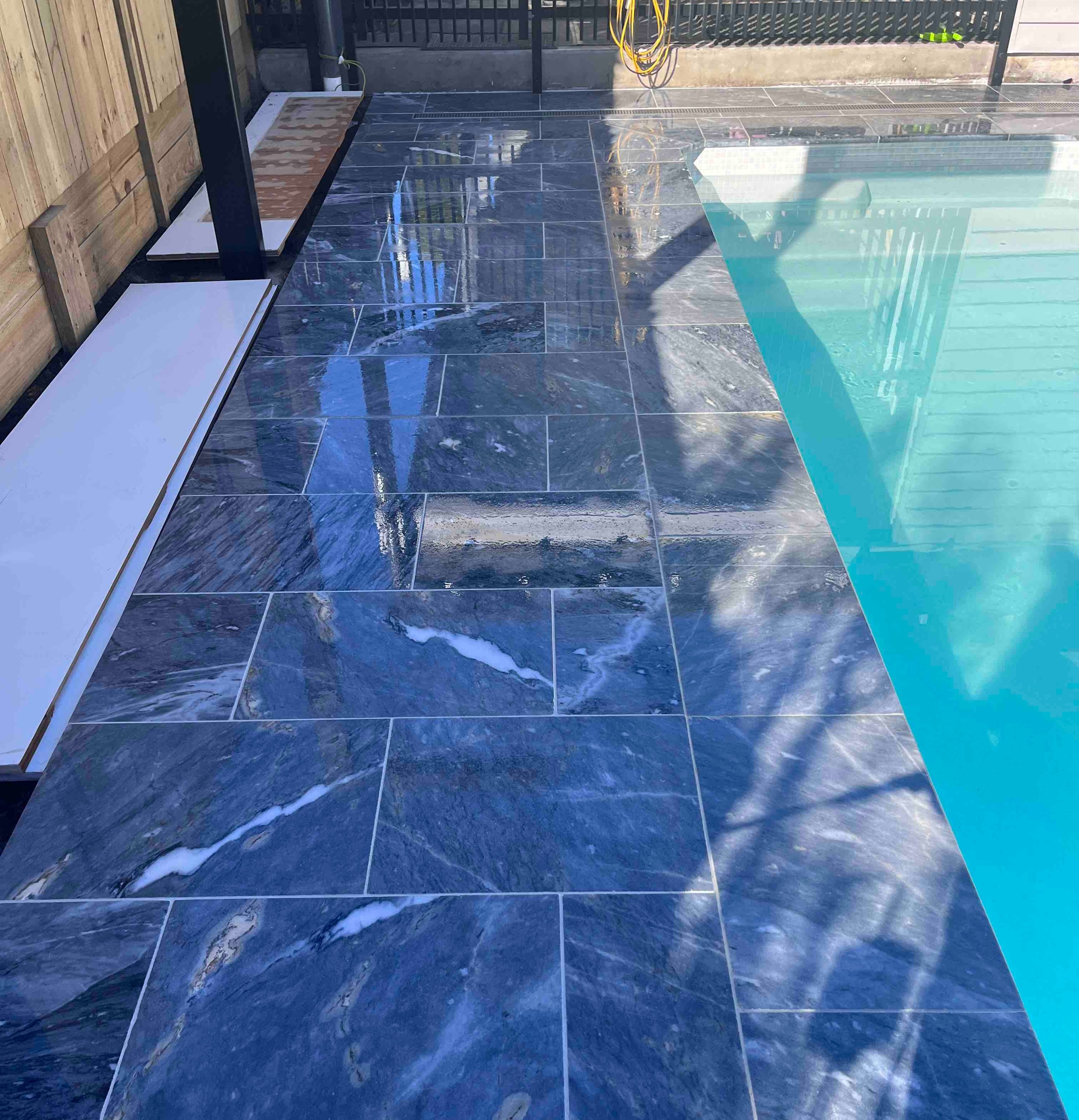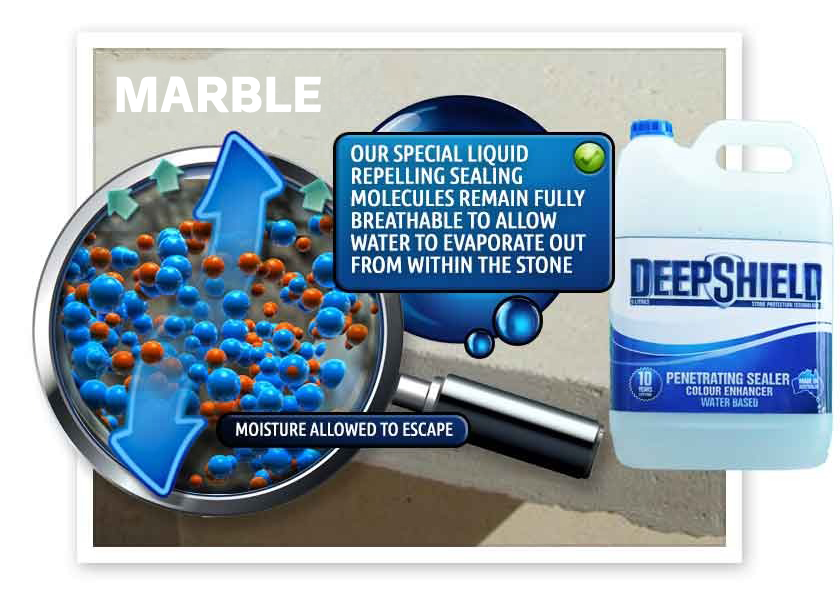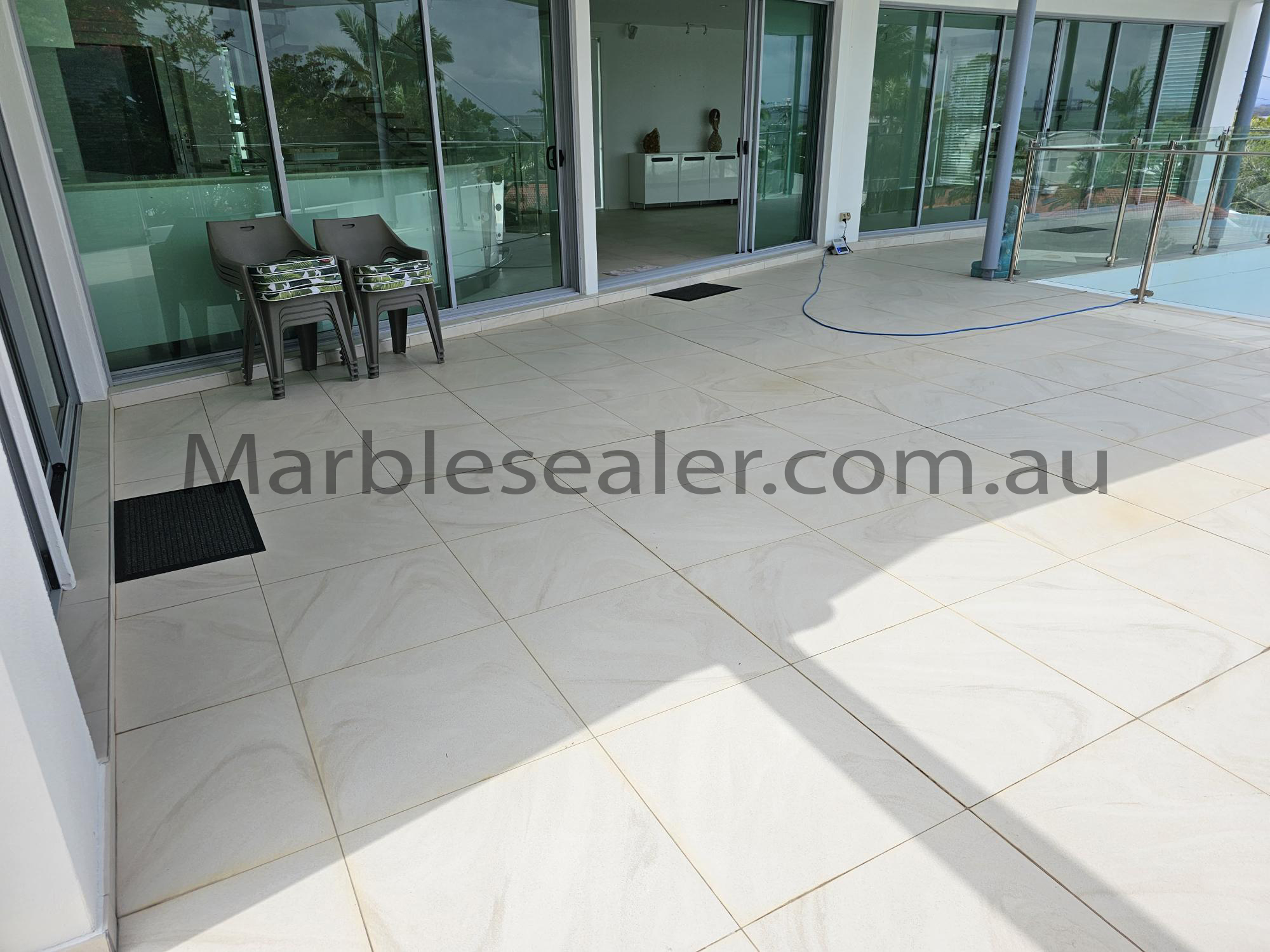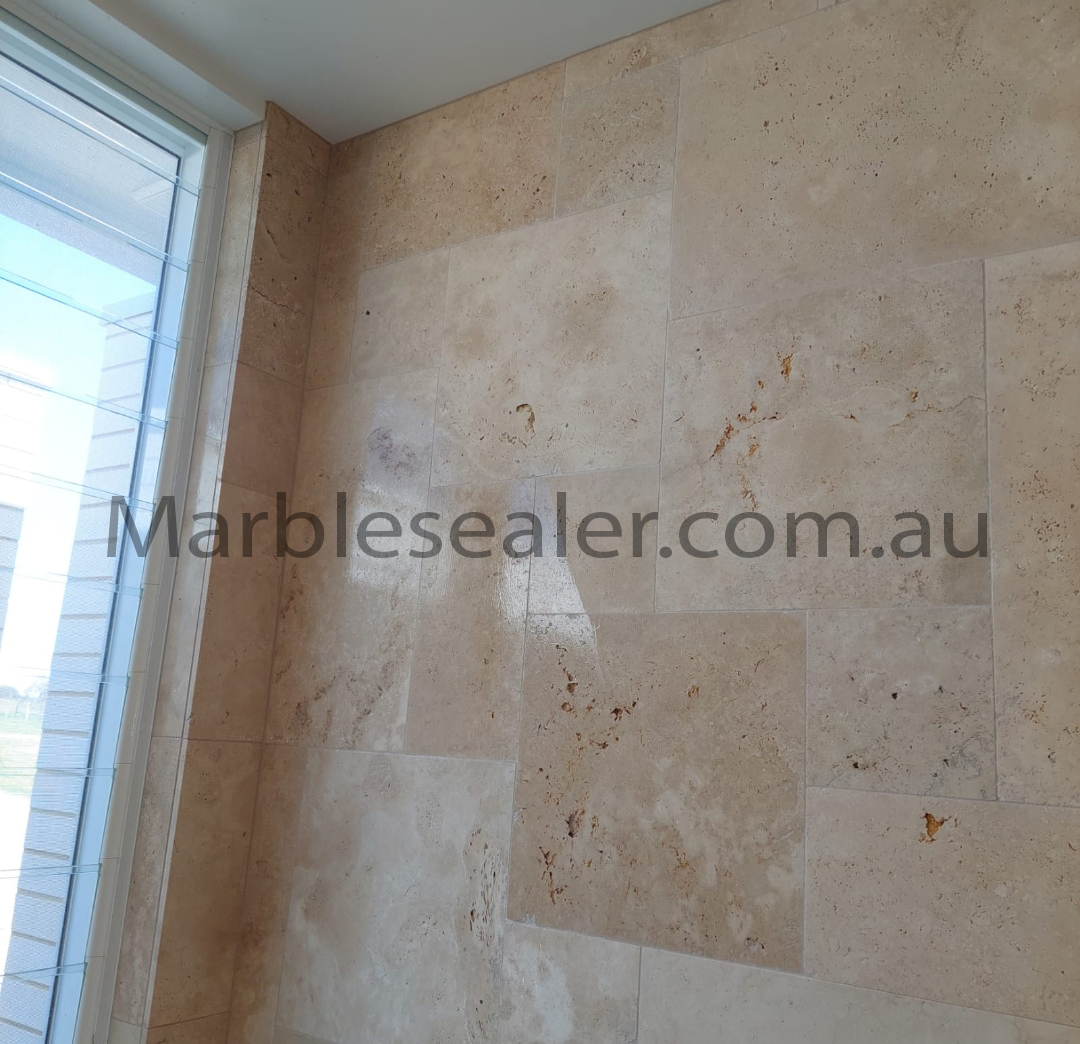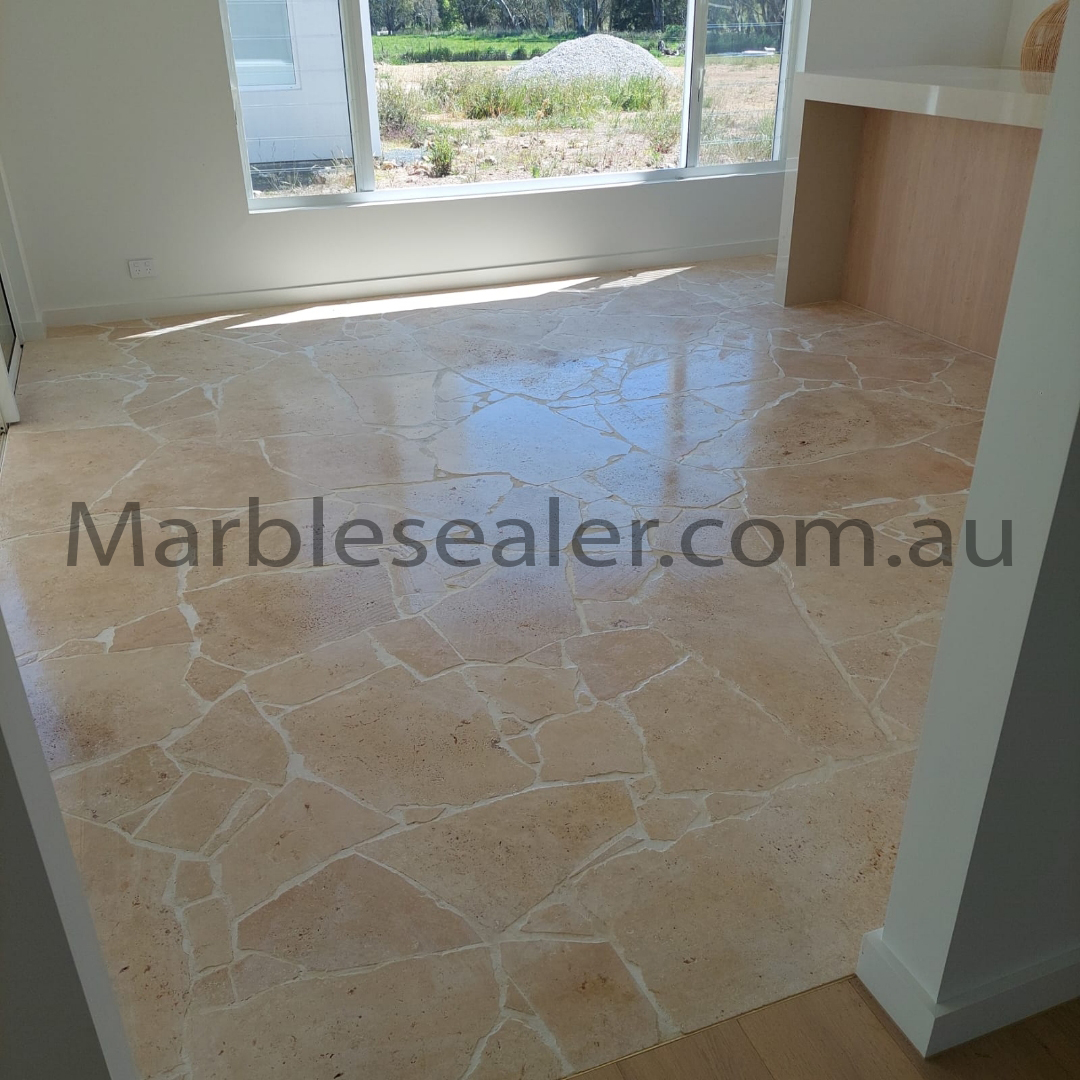The formation of these unsightly salt deposits is, for the most part, due to water-soluble salts that can originate from various sources when it comes to marble surfaces.
For efflorescence to develop, water is necessary to dissolve and convey the salts in Launceston. Additionally, channels within the marble are required for the movement and migration of water. The density of marble influences this process: denser marble impedes water's ability to transport salts, while more porous marble facilitates the transportation and deposition of salts.
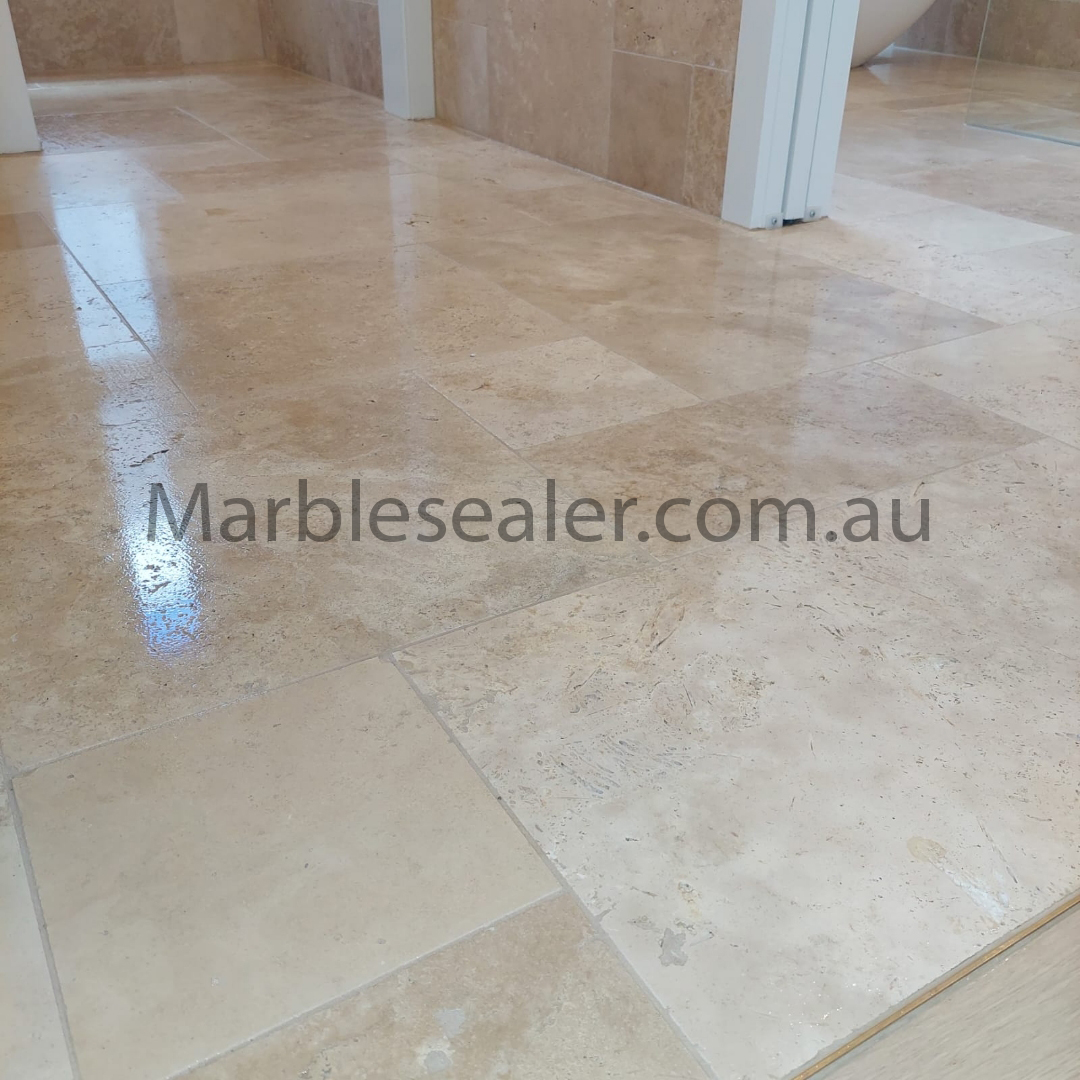
Salt-bearing water, upon reaching the surface of marble structures, evaporates, leaving behind deposits of salts in Launceston. In conditions of low humidity, water may evaporate before reaching the surface, resulting in salt deposits beneath the surface, which may remain unseen. Conversely, higher humidity slows water evaporation, providing more time for visible salt growth on the marble surface.
Efflorescence formation on marble requires two essential conditions:- Presence of water-soluble salts within the material.
- Movement of water through the marble, carrying the salts to the surface in Launceston. Upon evaporation, the water leaves behind the characteristic white powder known as efflorescence.
- Increased permeability, which encourages the movement of water through the material in Launceston.
- Variability in batches, potentially containing higher levels of water-soluble salts, further predisposing them to efflorescence formation.

